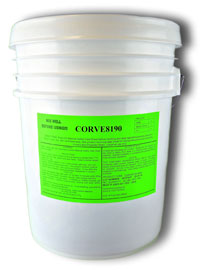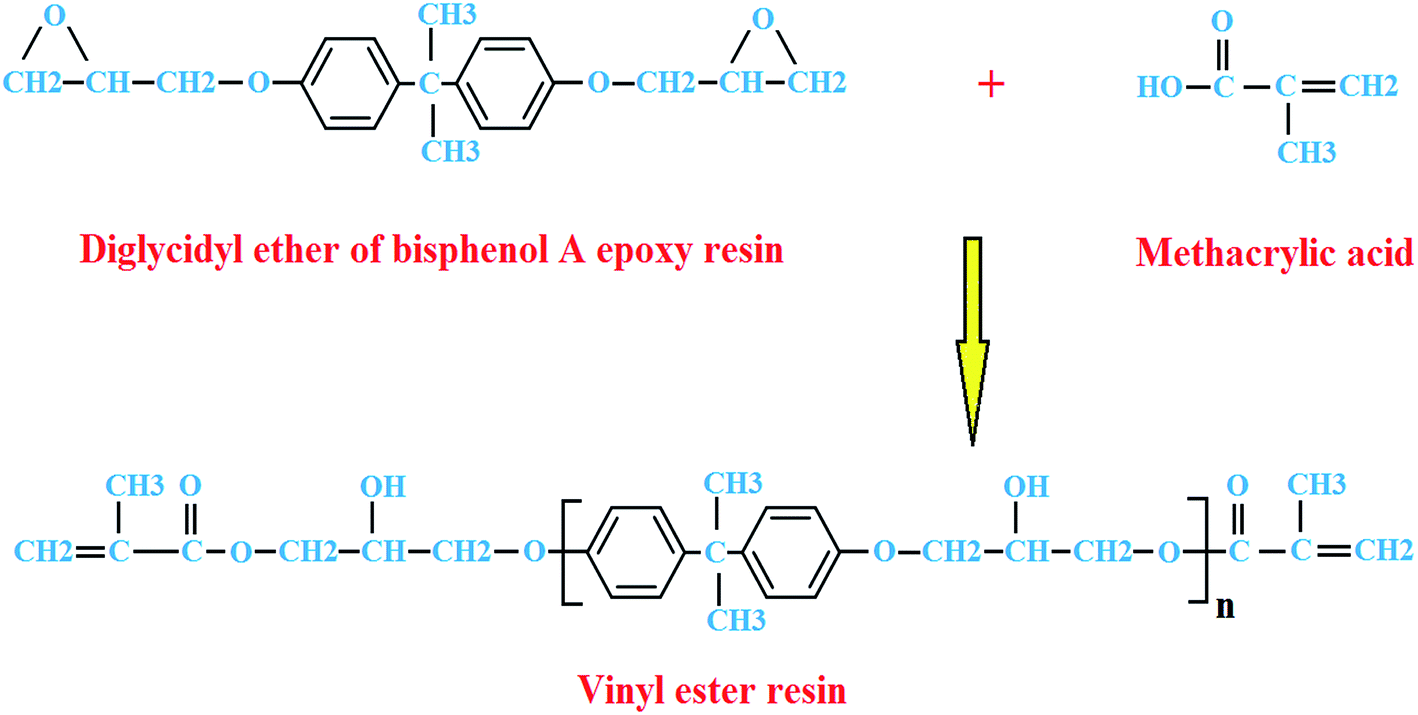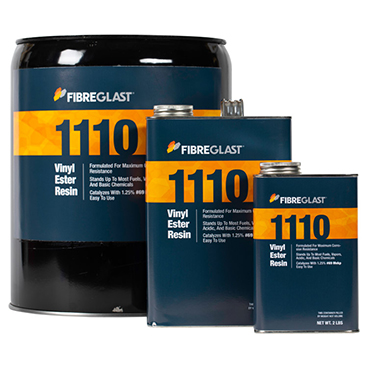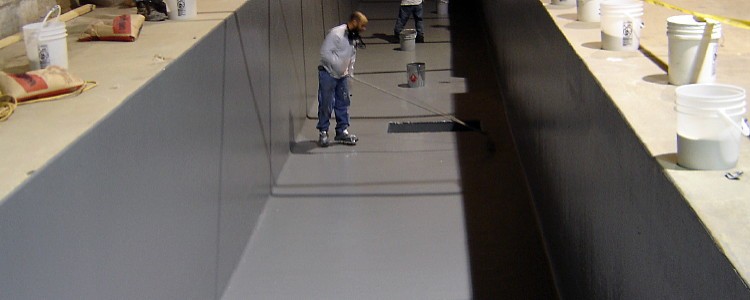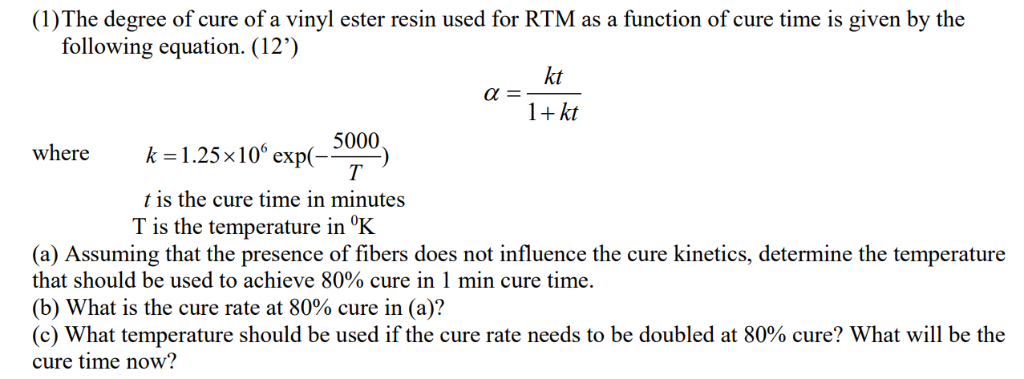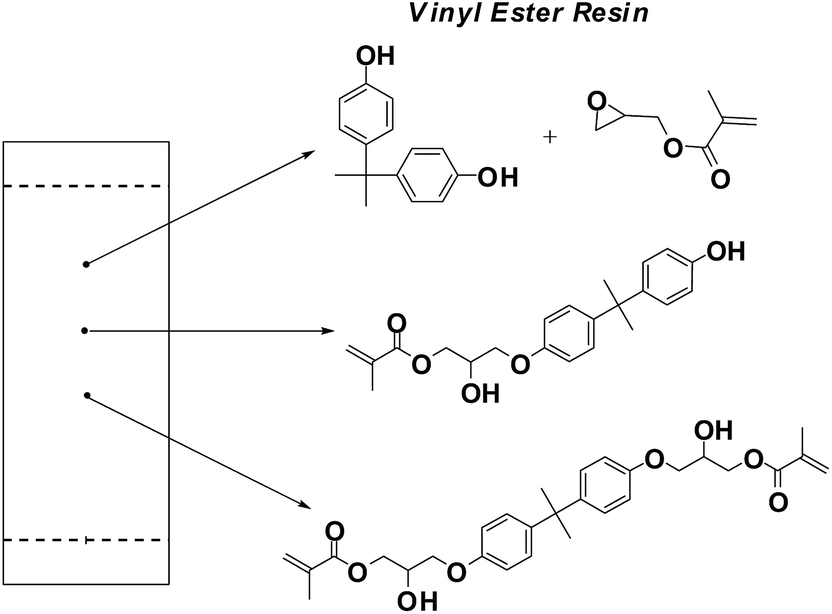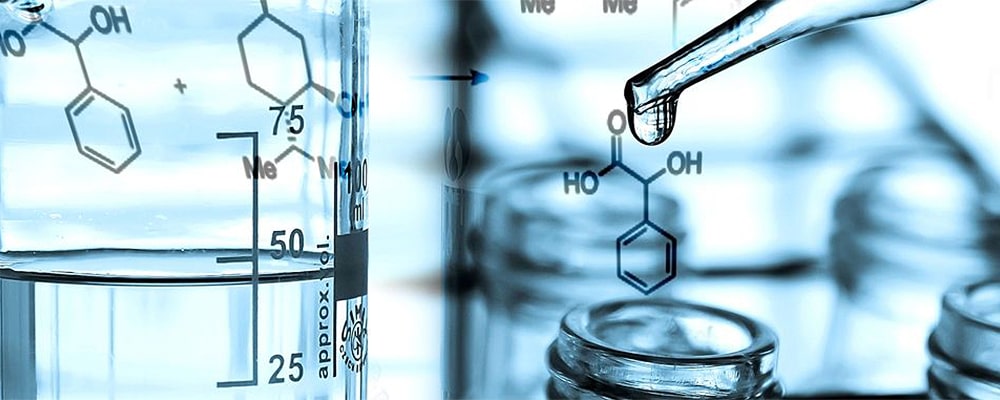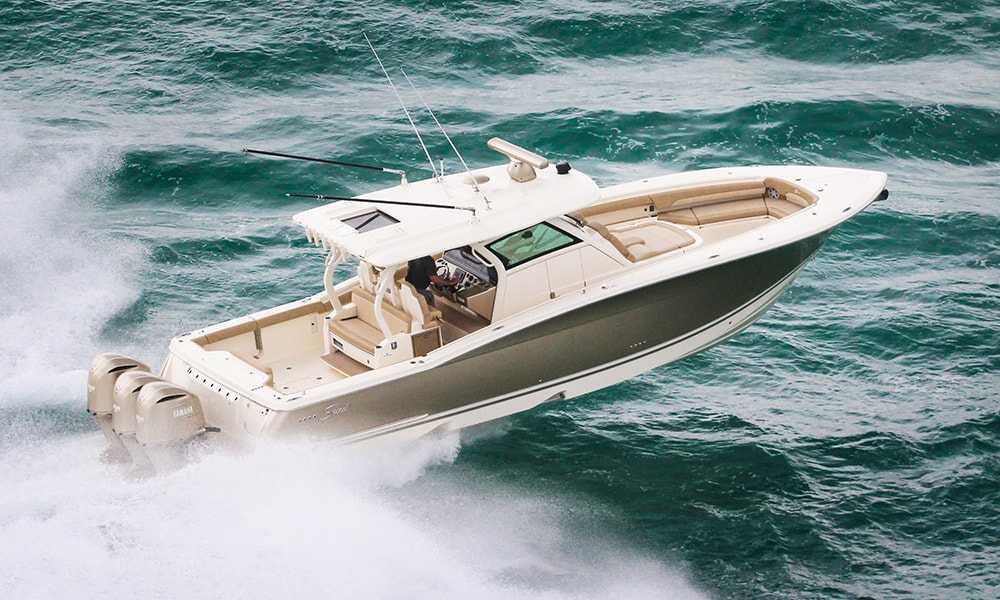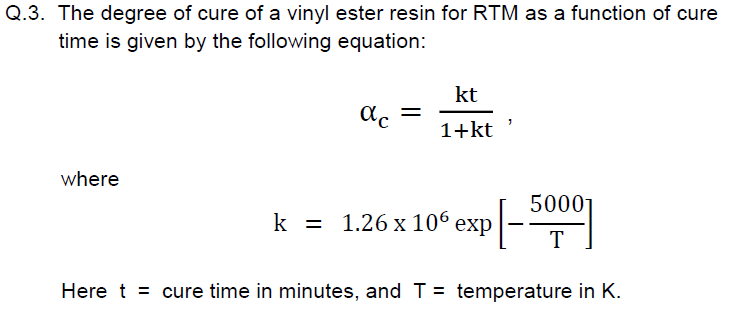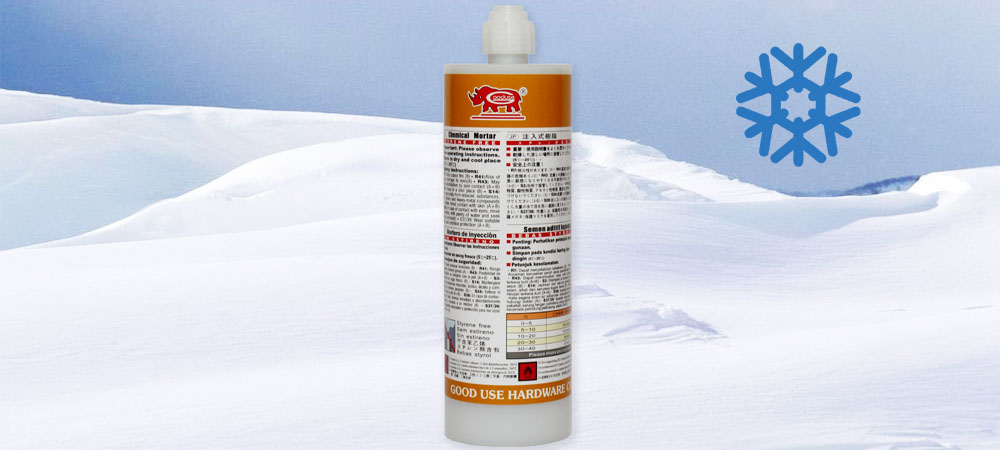Vinyl ester resin is selected due to its well known performance in marine conditions and good chemical resistance to a wide range of chemicals including sour crude up to 100 c.
Vinyl ester resin work time.
Essentially they comprise a base of polyester resin strengthened with epoxy molecules in the backbone of the molecular chain.
The less mekp added the longer the pot life working time will be.
Mirteq australia pty limited is a privately owned australian company that manufactures a range of concrete and steel paint coatings for australian conditions.
Typically catalyst is used between 1 25 to 1 75 1 2 3 ounce to 2 1 3 ounces per gallon.
It is typically used in gas tanks boat hulls and other items that will be exposed to chemicals or water for extended periods of time.
Ve resin is a tougher resin because of its longer molecular chains.
Vinyl ester resin cures with a.
Vinyl esters also use peroxides e g.
Vinyl ester resins are produced by the reaction esterification between an epoxy resin and an unsaturated monocarboxylic acid.
This resin is easy to work with less expensive compared to it s epoxy and vinyl ester counterparts and is wax free meaning you won t have to sand between coats.
Vinyl ester resin is more resistant to solvents and water degradation.
For vinyl ester resins with longer lengths mn 1000 g mol crosslinked networks have higher fracture toughness values and lower tg s.
It has a measured glass transition temperature t g of 110 c hence allowing the clamp to withstand up to a maximum service temperature of 80 c.
Isophthalic polyester resin isopthalic polyester resin is perfect for making dimensionaly stable polyester molds fabrication of corrosive service parts and as a durable repair.
It is typically used in gas tanks boat hulls and other items that will be exposed to water or chemicals for extended periods of time.
Unlike epoxy resin polyester and vinyl ester cure time can be manipulated by the amounts of mekp added.
Vinyl ester resin is also more resistant to solvents and water degradation.
Ve resin is a tough resin that can withstand repeated bending better than both polyester and epoxy resin.
We aim to replace thin film epoxies and polyurea coatings with vinyl ester resin based coatings that are.




